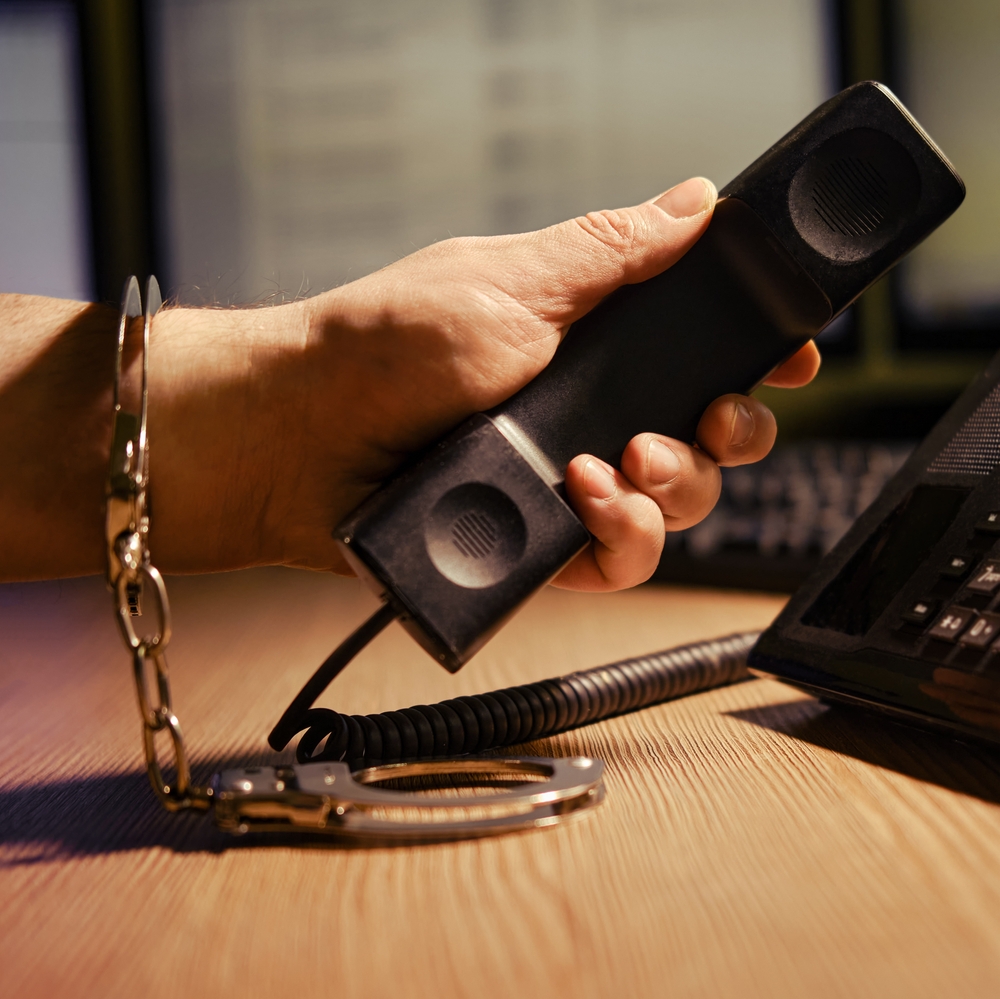The high cost of phone calls for incarcerated individuals has long been a point of contention, impacting families who often struggle to stay connected with loved ones behind bars. Across the United States, prison telecom services are controlled by only a handful of companies that charge high rates per minute, frequently including fees and surcharges. These companies, such as Securus Technologies and Global Tel Link, operate within a near-monopoly, generating millions in revenue at the expense of inmates and their families, often forcing them to choose between affording these calls and other essentials. This system, critics argue, creates further isolation for incarcerated people and limits their ability to maintain relationships, which are essential for successful reintegration upon release. Recognizing the need for fairer practices, some states are beginning to address how prison telecom impacts rehabilitation.
In New Jersey, lawmakers are taking steps to curb the power of correctional facilities to revoke phone privileges—a common disciplinary measure that many believe hinders rehabilitation. The proposed bill aims to restrict the frequency and length of phone privilege suspensions, preventing jail officials from revoking access for more than 90 consecutive days or 180 days in a year. Under the new legislation, inmates would still be allowed at least one call every two weeks, even during a suspension, Sophie Nieto-Munoz of New Jersey Monitor reports.
New Jersey corrections ombudsperson Terry Schuster supports the bill, noting it allows for reasonable discipline while ensuring incarcerated people are not entirely cut off from their families. Best practices don’t authorize cutting people off from their families as punishment, Schuster said, adding that even when they’ve broken the prison rules, families deserve a way to stay connected.
A recent report from Schuster’s office found that nearly 20% of New Jersey’s prison population had phone privileges revoked in 2023, often for disobedience or violent behavior. Some cases reached extremes: one individual at South Woods State Prison lost phone access for nearly nine years, while another’s suspension extended past their release date.
The bill also includes additional protections, such as preventing suspensions within 60 days of a release date and restricting phone bans for individuals in disciplinary units that already limit phone access.
William Sullivan, president of the New Jersey Policemen’s Benevolent Association Local #105, which represents over 5,000 correctional officers, opposes the legislation. He argues that discipline should be managed by correctional staff, not lawmakers, and worries about the costs of implementing the bill’s mandates. Sullivan insists that phone privileges are a critical tool for maintaining order. “You’ll have inmates that’ll call victims, conduct gang activity, or threaten people over the phone,” he said. “Officials need a way to take the phone away from those who abuse it.”
Schuster’s office, however, receives frequent calls from families of incarcerated people who say they are often unaware when phone privileges are revoked for extended periods. The bill would address this issue by requiring prison officials to notify emergency contacts or allow the person to inform their family directly.
The legislation would be enforceable through Schuster’s office, which could handle reported violations if the bill passes. In addition, Schuster pointed out that inmates are gaining access to personal tablets in some facilities, allowing for greater family communication without relying solely on shared pay phones.
Introduced in the Assembly last week, the bill is awaiting scheduling for a hearing in either legislative chamber.
Other States That Have Enacted Similar Legislation
Several states have enacted legislation to address the cost and accessibility of prison communications:
- Connecticut: In 2021, Connecticut became the first state to make all prison communications free, including phone calls, video calls, and emails, Prison Legal News reported.
- California: In 2022, California passed legislation eliminating fees for phone calls made from state prisons and county jails, aiming to reduce the financial burden on incarcerated individuals and their families, the Davis Vanguard reported.
- Colorado and Minnesota: Both states enacted laws in 2023 to provide free phone calls for incarcerated individuals, recognizing the importance of maintaining family connections for rehabilitation and reducing recidivism.
- Massachusetts: In November 2023, Massachusetts became the fifth state to make prison and jail calls free, with the law taking effect on December 1, 2023, WGBH reported.
These legislative efforts reflect a growing recognition of the need to make prison communications more affordable and accessible. This action ultimately supports rehabilitation and helps incarcerated individuals maintain vital family connections.

Leave a Reply